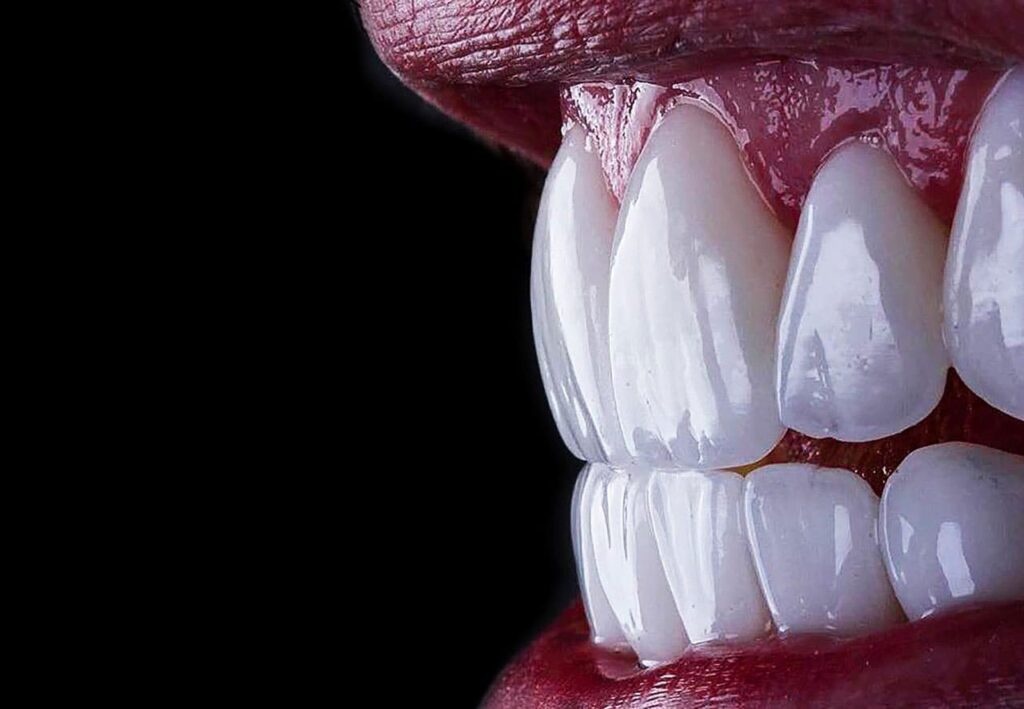
Navigating through the world of dental restorations can be overwhelming with the abundant options available. However, advances in dental ceramics have brought us lithium disilicate veneers, an ideal combination of aesthetics, durability, and strength. Let’s delve deeper into understanding this.

What is Lithium Disilicate?
Lithium Disilicate is a type of glass-ceramic that has risen to popularity in the field of cosmetic dentistry due to its unique properties. It’s renowned for high mechanical strength, stunning aesthetics and versatility since it can be conventionally cemented or adhesively bonded, making it an ideal material for veneers.
Understanding Lithium Disilicate Veneers
Lithium disilicate veneers are thin shells made of lithium disilicate ceramic that are custom-fitted to the front surface of your teeth. These veneers are used to enhance the appearance of teeth, correcting problems like discoloration, chips, gapping, and misalignment. They offer a hard, glass-like structure that closely resembles the look and feel of real teeth, giving you a stunningly natural smile.
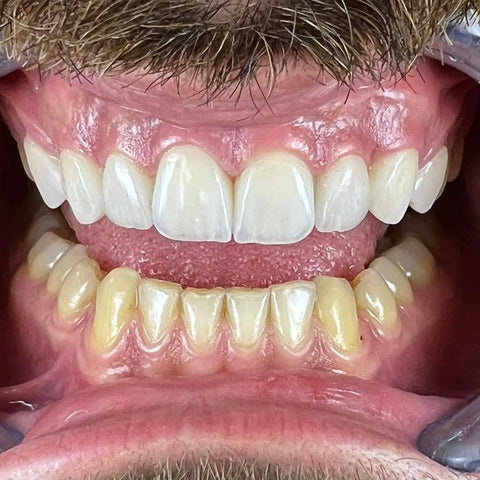
Procedure for Lithium Disilicate Veneer Placement
The process of getting lithium disilicate veneers entails the following steps:
- Consultation: The dentist evaluates if lithium disilicate veneers will be the best fit for your aesthetic aims and oral health.
- Tooth preparation: A slight layer of enamel is removed from the tooth’s front surface. This process ensures the veneers adhere effectively and appear natural.
- Impressions: A mold of your prepared teeth is taken to serve as a guide for fabricating your custom veneers.
- Fabrication: The mold is sent to the dental laboratory where your veneers are crafted to fit your teeth perfectly.
- Fitting: When your veneers are ready, the dentist checks their fit and color against your teeth and trims them as necessary for the best fit.
- Bonding: Finally, the veneers are bonded to your teeth using a special adhesive and cured with a light that accelerates the hardening process.
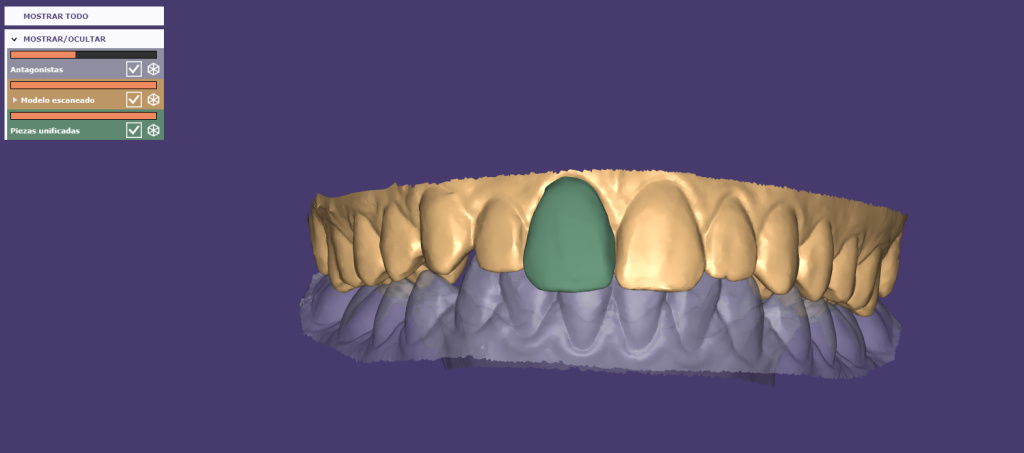
Advantages of Lithium Disilicate Veneers
- Natural Appearance: Lithium disilicate is translucent, providing a natural and vibrant aesthetic appearance closely resembling that of natural teeth.
- Durability: This material is incredibly durable, making it resistant to wear and effective for long-term use.
- Versatility: Due to their high strength, they can be used even in areas subjected to high masticatory stress.
- Biocompatibility: Lithium disilicate is well-tolerated by the body and is less likely to cause allergic reactions.
Limitations of Lithium Disilicate Veneers
- Irreversibility: The process requires the removal of a layer of enamel, which is irreversible.
- Vulnerability to Damage: Although strong, they can still become damaged if you grind your teeth or bite down on hard objects.
- Costs: They can be relatively more expensive compared to other dental restoration options.

Conclusion
Lithium disilicate veneers offer an excellent solution for those seeking to improve their smile’s aesthetics, combining a natural appearance with impressive strength and durability. The features of lithium disilicate make it exceptionally suited to the demands of veneers for improved cosmetic outcomes, offering patients a beautiful and lasting smile. However, no dental procedure is universal, so it’s crucial to speak with a dental professional who can assess whether you’re a suitable candidate for this type of dental restoration. In the hands of a skilled dental professional, lithium disilicate veneers can help bring out the best in your smile.
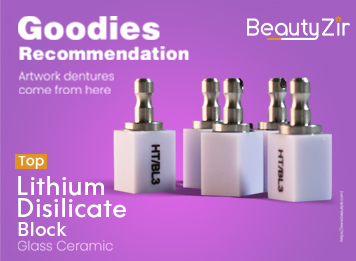
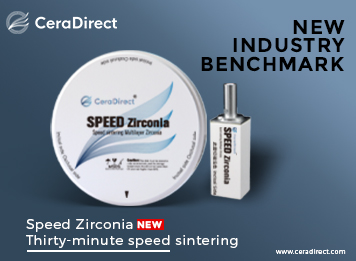
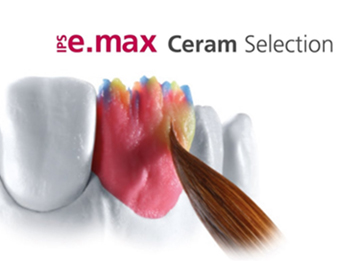
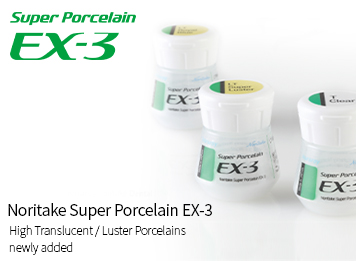
Leave a Reply